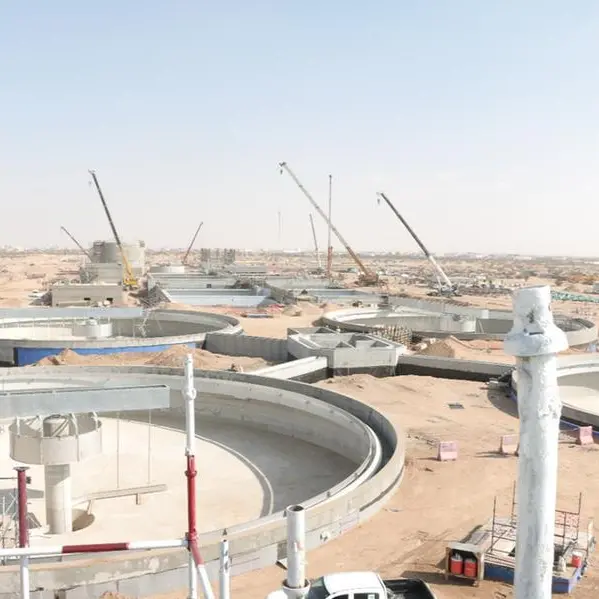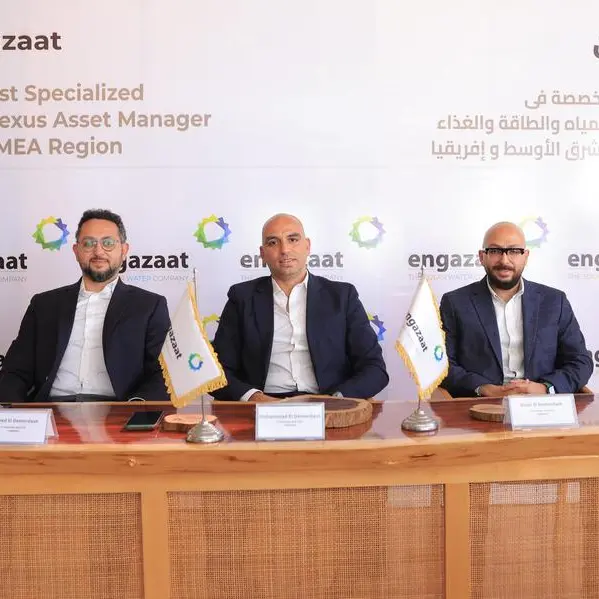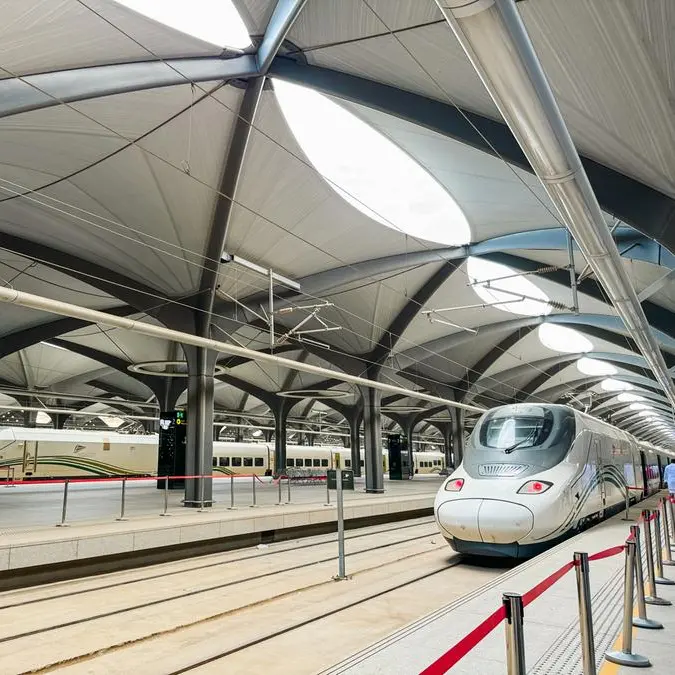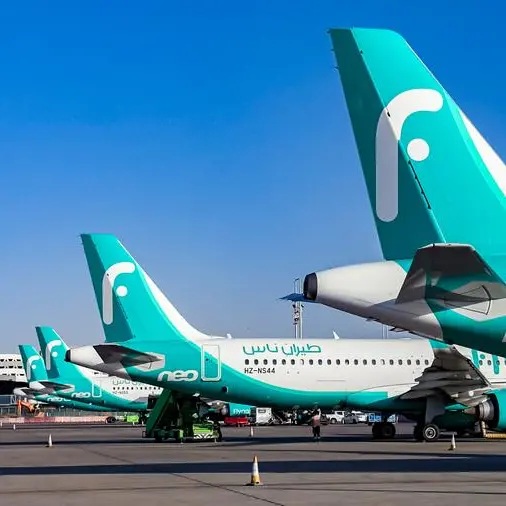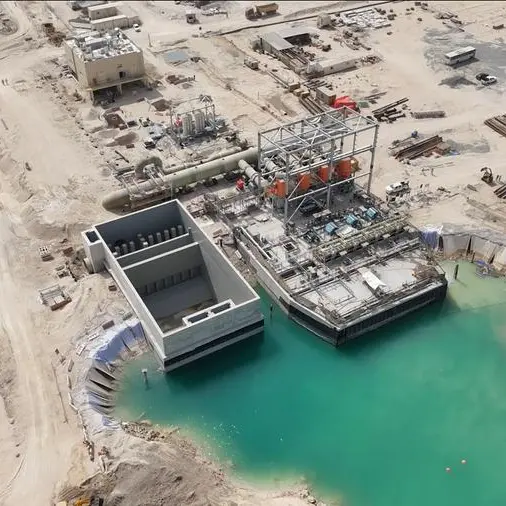PHOTO
The adoption of a tech-enabled and people-centric model for urban infrastructure in Saudi Arabia, in line with Vision 2030, will help transition the Kingdom to a post-COVID new normal while spurring economic activity, the CEO of Netix Global, a provider of automation solutions for buildings, cities and energy efficiency, said.
Saudi Arabia's ambitious 'Vision 2030' plan, launched by Crown Prince Mohammad bin Salman in April 2016, envisions a diversified economy and cutting-edge public services for the kingdom's residents.
Sanjeevv Bhatia told Zawya Projects that the COVID-19 pandemic had redefined the need for a tech-enabled and people-centric model for urban infrastructure to optimise sustainability, liveability, and socio-economic well-being.
"With the need to transition society to a post-COVID new normal, implementing IoT [Internet of things], AI [Artificial Intelligence], Machine Learning (ML) and Cloud-enabled model of smart infrastructure are now even more essential," he said in an email interview.
While smart city initiatives have been part of the conversation for more than a decade, the transformative impact of IIoT [Industrial Internet of Things] in heavy industry and manufacturing has fired up real-world implementation, said Bhatia.
"We have several examples in the industry, in which very complex systems have been modelled using the transparency generated by real-time data, actionable insights derived using AI analytics, and ML employed to refine processes continuously. Highly capable cloud-based networks have made it possible to implement similar optimisation across huge geographical areas, making it perfect for urban management."
Bhatia pointed out Vision 2030 has emphasised the digital transformation of Riyadh's existing building stock. In 2016, when the Vision statement was unveiled, Riyadh's 'smart building score' stood at 41 compared to 65 for Dubai, according to a Honeywell whitepaper.
According to Bhatia, early adopters of the IoT-based and connected building approach in the Saudi capital have started reaping the benefits.
"We have several examples of building portfolios that have delivered cost savings for owners and operators through energy optimisation, predictive maintenance, data-driven decision making, remote management, and exceptional occupant experiences."
The new IoT-based systems could also unlock value in BMS [Building Management Systems] and CAFM [Computer-aided Facility Management] systems existing in old buildings.
He elaborated: "Legacy digital platforms were unable to give real estate operators command and control over all embedded automation and installed building systems at once. Even though this infrastructure constantly generates operational data, this information remains dormant and doesn't add value to either management or tenants when existing BMS and CAFM solutions are the sole recourse. An IoT and AI-enabled digital layer, on top of existing resources, can unlock previously inaccessible capabilities in these tools."
Asset managers, service providers, and end-users can leverage the resultant granular transparency to optimise embedded sub-systems in their portfolio or community or city at the same time.
"This capability is then made exponentially more powerful, through the ability to deploy cloud-based and intuitive apps," Bhatia said.
In the post-COVID era, connected buildings also help address the heightened need to secure residents and communities against viruses and other pathogens.
"Centralised command and control, using a unified digital platform, can help ensure deep cleaning routines, access control, contact tracing, touchless services, and remote asset management are verifiably implemented, to the painstaking degree that has become essential," Bhatia noted.
Tech-driven urban development in Saudi Arabia holds the potential to generate tremendous economic activity.
"Given the current global downturn, because of months of lockdowns and disrupted supply-chains, implementing this new tech-driven model at scale will emerge as a major economic stimulus, which also enables lasting competitive advantages."
The Netix CEO cited a recent statement by the Saudi Ministry of Municipal and Rural Affairs which said that Riyadh had achieved just 15 percent of its smart city transformation.
"The opportunities, for solution providers with innovative tech-suites, remain considerable, in both scale and their likely impact," he concluded.
(Reporting by Anoop Menon; Editing by Seban Scaria)
(anoop.menon@refinitiv.com)
Disclaimer: This article is provided for informational purposes only. The content does not provide tax, legal or investment advice or opinion regarding the suitability, value or profitability of any particular security, portfolio or investment strategy. Read our full disclaimer policy here.
© ZAWYA 2020

